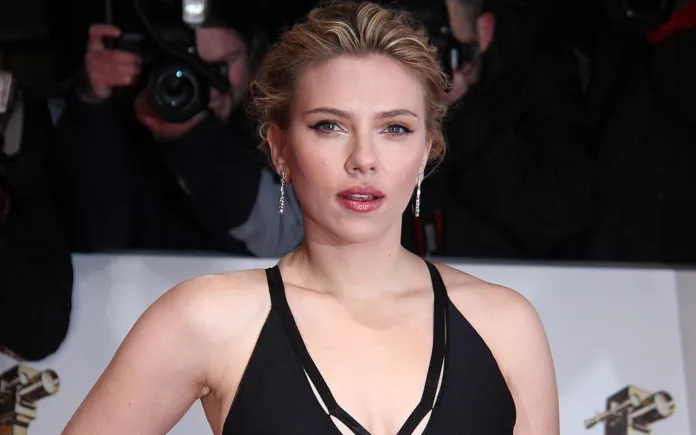Hollywood star accuses OpenAI of imitating her voice without permission
Hollywood star Scarlett Johansson expressed shock and anger after OpenAI released a chatbot with a voice “eerily similar” to hers. Johansson had declined an offer to voice the new chatbot, Sky, but when it debuted last week, many noted the likeness to her voice from the 2013 film “Her.”
OpenAI responded on Monday by announcing plans to remove the voice, denying any intention to imitate Johansson. However, Johansson accused the company and its founder, Sam Altman, of deliberately copying her voice. In a statement to the BBC, Johansson described her reaction to the demo as one of disbelief, highlighting Altman’s tweet, “her,” as an insinuation of the intentional similarity.
Johansson revealed that Altman initially approached her in September to voice the chatbot, suggesting her voice could bridge the gap between tech and creatives, making AI advancements more palatable to the public. Despite Altman’s assurances, Johansson rejected the offer for personal reasons. Days before Sky’s release, Altman reached out to Johansson’s agent, urging her to reconsider.
Faced with the chatbot’s release, Johansson hired lawyers and sent two legal letters to OpenAI, seeking clarity on how the voice was created. She emphasized the need for transparency in an era of deepfakes and identity protection. Johansson’s statement reflects broader concerns about the use of one’s likeness without consent, particularly in the rapidly evolving field of AI.
In a statement shared with the BBC, Altman denied any deliberate imitation of Johansson’s voice, asserting that the voice actor for Sky was chosen before contacting Johansson. He expressed regret for the poor communication and confirmed that OpenAI paused the use of Sky’s voice out of respect for Johansson.
OpenAI’s blog post clarified that the five voices used by Sky were sampled from partnered voice actors. The company is now addressing questions about the voice selection process and has paused using Sky’s voice.
Johansson’s legal action comes amid several lawsuits against OpenAI. In December, the New York Times announced plans to sue OpenAI over alleged misuse of its articles to train ChatGPT. Authors George R. R. Martin and John Grisham also plan to pursue claims, alleging copyright infringement in training the AI system.
Analysis:
Scarlett Johansson’s reaction to OpenAI’s Sky chatbot underscores the growing tension between celebrities and AI technologies. This incident highlights significant ethical and legal challenges in the use of AI-generated content, particularly regarding voice and likeness rights.
From a political perspective, this case could prompt legislative bodies to revisit and tighten regulations around AI and intellectual property. Laws might need to evolve to protect individuals’ voices and likenesses from unauthorized use. This case could set a precedent for how AI companies engage with public figures and manage consent.
Sociologically, Johansson’s experience reflects broader societal concerns about privacy and identity in the digital age. The proliferation of deepfakes and AI-generated content challenges traditional notions of personal control over one’s image and voice. This incident could fuel public discourse on the need for stronger protections and ethical standards in AI development.
Economically, the legal ramifications of this case could impact AI companies’ operations and finances. Increased litigation risks could lead to higher costs for compliance and legal defenses. Companies might also need to invest more in ethical AI practices and transparent communication strategies to avoid similar conflicts.
Locally, the incident may resonate with actors and voice artists who fear their work could be replicated without consent. Industry professionals might push for stronger contractual protections and clearer guidelines for AI use. This could lead to changes in how contracts are negotiated and how AI technologies are implemented in creative industries.
From a gender and minority perspective, the incident raises questions about how AI might disproportionately affect underrepresented groups. Ensuring diverse voices are not exploited without consent is crucial. The situation also highlights the importance of inclusive dialogue in developing AI policies that protect all individuals.
In conclusion, Scarlett Johansson’s clash with OpenAI over the Sky chatbot’s voice reflects broader ethical, legal, and societal issues surrounding AI. As AI technologies continue to advance, it is imperative to establish clear standards and protections to safeguard personal identities and foster trust in AI innovations.
